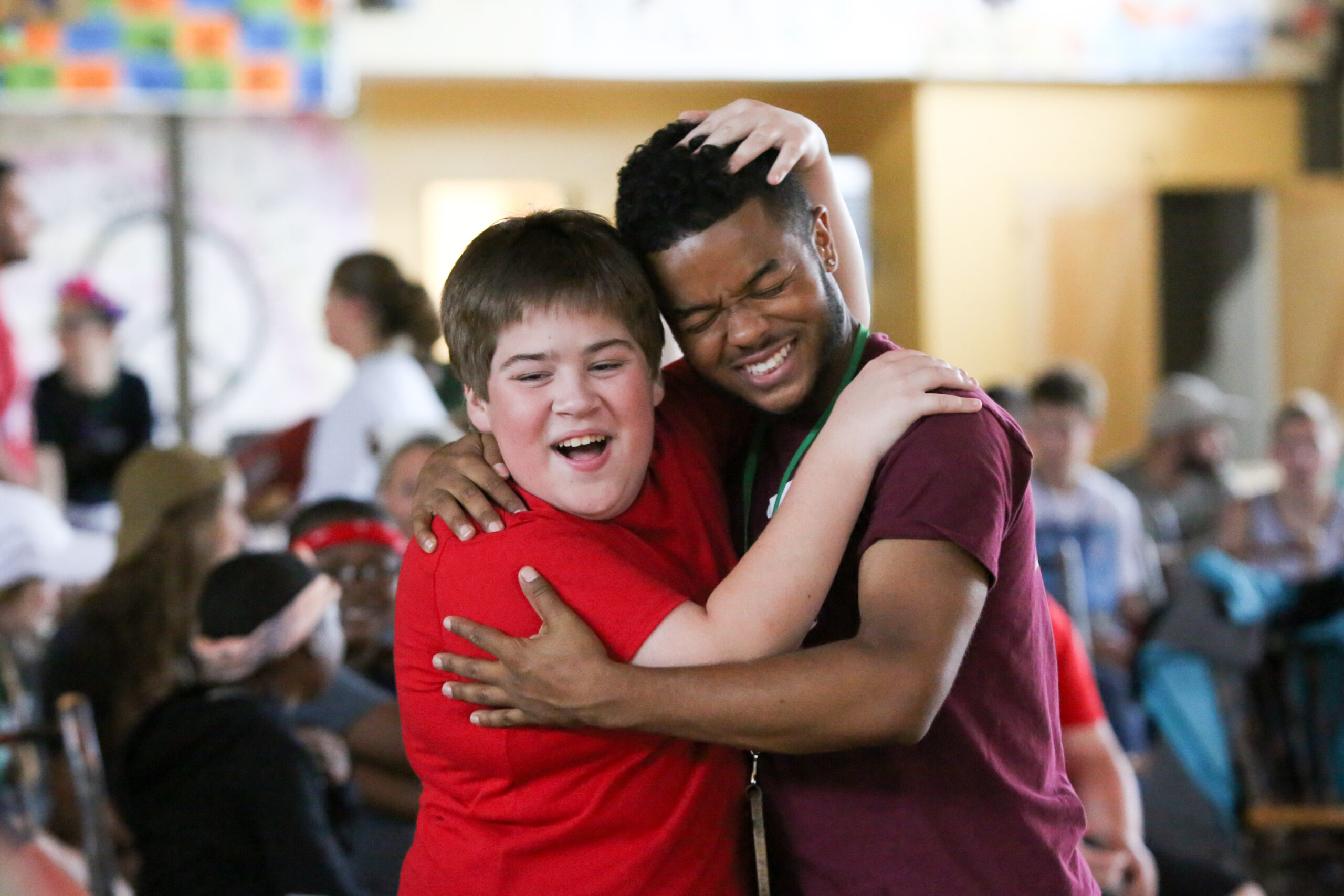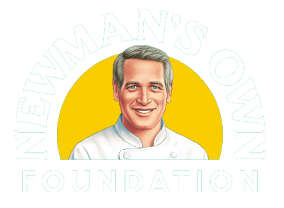The Best Camps for Kids with Serious Illnesses Can Teach Us a Lot about the Power of Possibility

In 1988, legendary actor and philanthropist Paul Newman founded The Hole in the Wall Gang Camp in Connecticut, to provide a place where kids with serious medical conditions could get away from the challenges of everyday life, be themselves at a site designed specifically for their needs, and, in his words, “raise a little hell.” Inspired by that first camp, today, across 19 countries, there are 30 member camps and partner programs that make up SeriousFun Children’s Network. While hundreds of thousands who have experienced these camps know the lasting impact, data now proves this to be the case.
Based on a 2021 American Institutes for Research study of more than 2,200 former SeriousFun campers aged 17-30, more than 80% of respondents reported that their SeriousFun camp experience played a major role in the development of personal, social, and health-related outcomes, which they use in their everyday adolescent and adult lives, including the willingness to try new things (90% of respondents), appreciation of diversity (88%), self-identity (86%), empathy and compassion (86%), and self-confidence (85%).
SeriousFun alumni also reported similar positive results no matter how many times they attended camp, and the results did not differ based on their age, gender, medical diagnosis, ethnic background, or nationality.
This leads us to ask what it is that promotes these positive outcomes from SeriousFun camps, and can they be applied to children more broadly, particularly given the mental health crisis we are seeing with children? And from the stressful times of pandemic, is there something we can all learn about reducing feelings of isolation and powerlessness among all children from the children who, because of their illnesses, understand these feelings all too well?
The research showed that what was essential to campers’ experience was feeling accepted and not judged, feeling a sense of freedom and possibility, and trying new things. One alumni camper attributed this to the “welcoming, ‘come as you are’ environment” that is created at camp, and another saying, “the fact that despite the many limitations that accompanied me at that time, I was able to try many new opportunities that seemed unattainable outside the camp.”
For so many campers who have gone through childhood being told by others what they can’t do because of their medical conditions, SeriousFun camps are places where they are told what they CAN do—from archery to arts & crafts, ziplining to rock wall climbing, and all other fun camp activities. And this change helps them see so many more possibilities for their lives and futures. One study participant shared, “The most valuable (influence) to me was to learn to be aware of my strengths. Camp taught me how to be more outgoing, how to work with people, and gave me a passion for the arts. Camp brought out all of my strengths and I’m so grateful.”
Knowing that a healthy and happy outlook on life is about so much more than just treating illness, Paul Newman summed up perfectly the spirit of camps for children living with serious medical conditions: “There really is no such thing as a sick child. There are only children who happen to be sick. Think about it, and you will understand the magic of the Camps.”.


